5 Books Every Data Professional Should Read
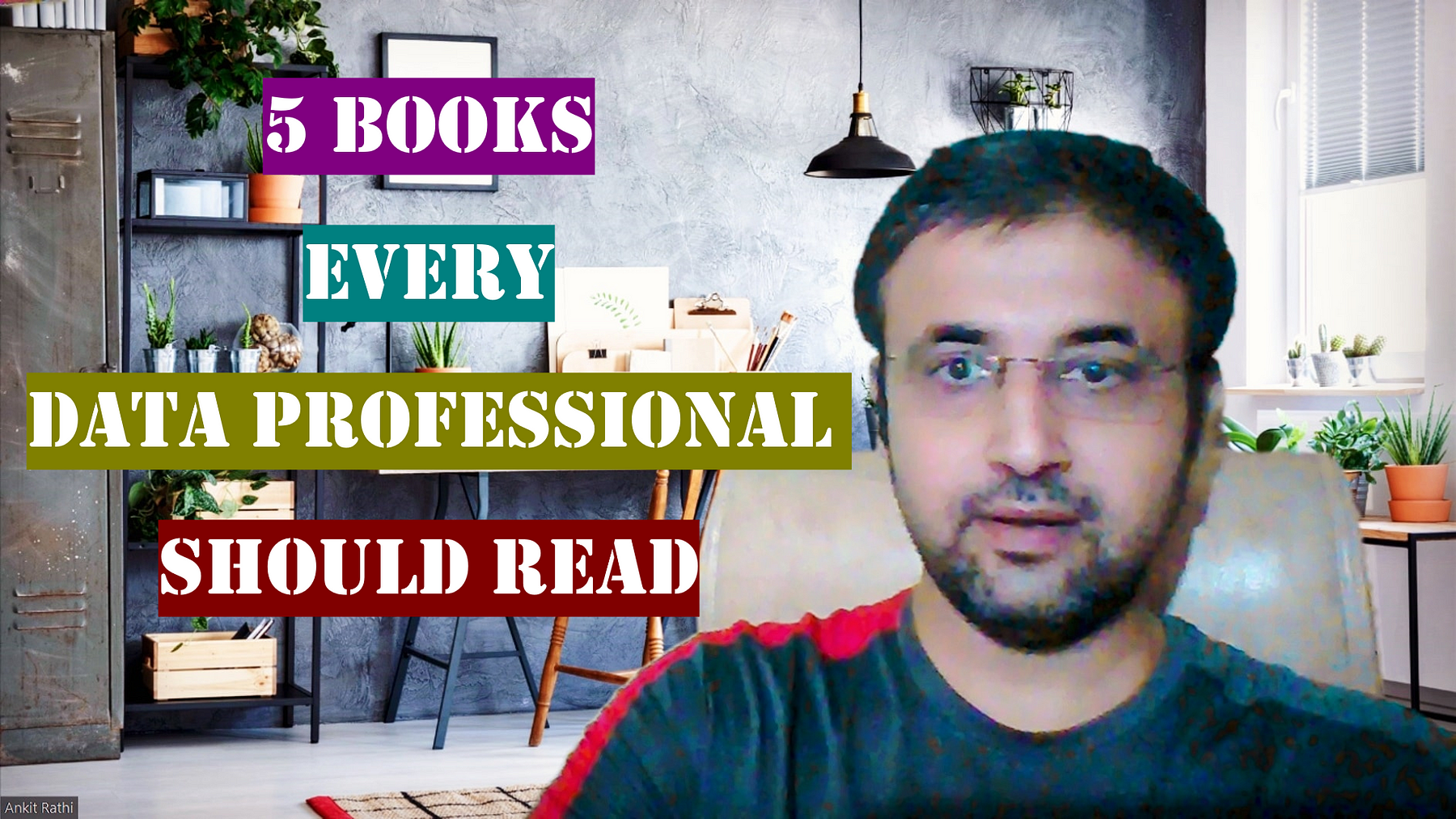
Today, I am going to cover why I consider data science as a team sport?
Now grab my content on your favourite platform: YouTube | SoundCloud | SlideShare | LinkedIn
Today, I would like to discuss 5 books every data professional should read.
These are the books that have shaped my career over the last few years.
And I believe every data professional working on the data projects should keep these books handy, be it a data scientist, data engineer or machine learning engineer.
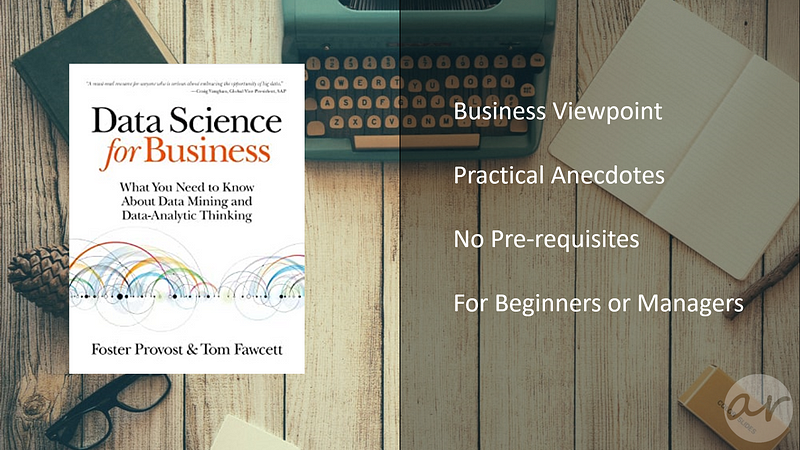
The first book that I recommend is “Data Science for Business” by Foster Provost & Tom Fawcett.
As the name suggests, this book covers data science field from business viewpoint.
It is quite simple, non-mathematical and full of practical anecdotes.
It does not assume any pre-requisites, and I recommend it to all business and technical managers to orient themselves, into this new way of thinking and business execution.
It may not be very detailed for advanced data science professionals, but if you are just starting out in the data science field, or you are leading a data science team, then this book is for you.
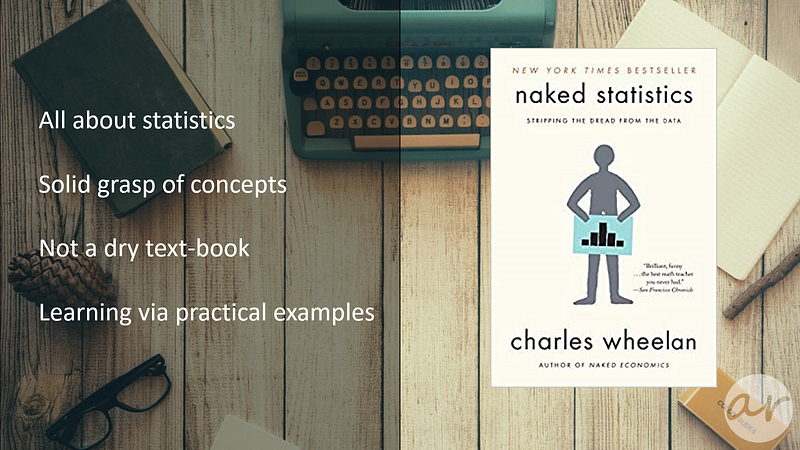
The second book that I would like to suggest is “Naked Statistics” by Charles Wheelan.
This book covers nicely what statistics is all about.
If you are new to the subject, you will get a solid grasp of the basic concepts here.
It is not a dry textbook and covers the groundwork in a clear, approachable and entertaining way, which is not heavy in maths as well.
It starts with an introduction to the basics and then goes into more advanced topics.
All along the way, the author explains all of the concepts extremely well and uses examples to get the point across.
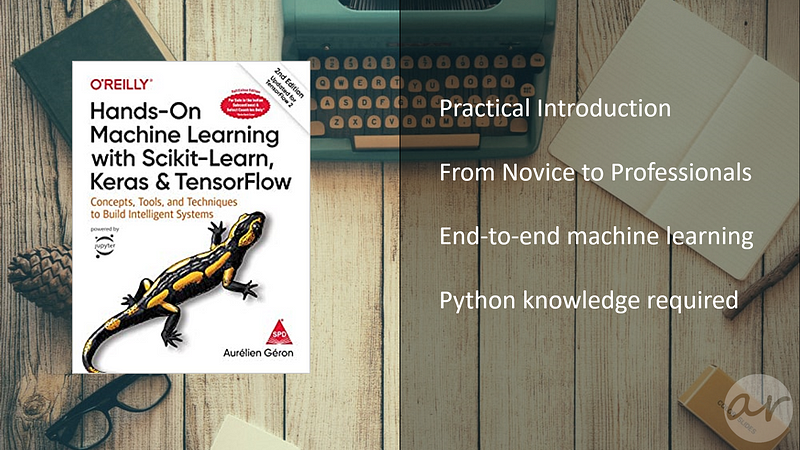
Now lets come to the third book, which is “Hands-On Machine Learning with Scikit-Learn, Keras and Tensor Flow” by Aurelien Geron.
This book is a very practical introduction to machine learning using Python.
Although the book says it’s for beginners, still even experienced professionals may find it helpful.
Like the second chapter, end-to-end machine learning projects, helps to understand a few small yet important steps, which we tend to miss or ignore, when we work on a large scale machine learning project.
Choose this book if you know Python. Even if you don’t know Python, with a crash course, you can easily learn Python and the concepts in the book.
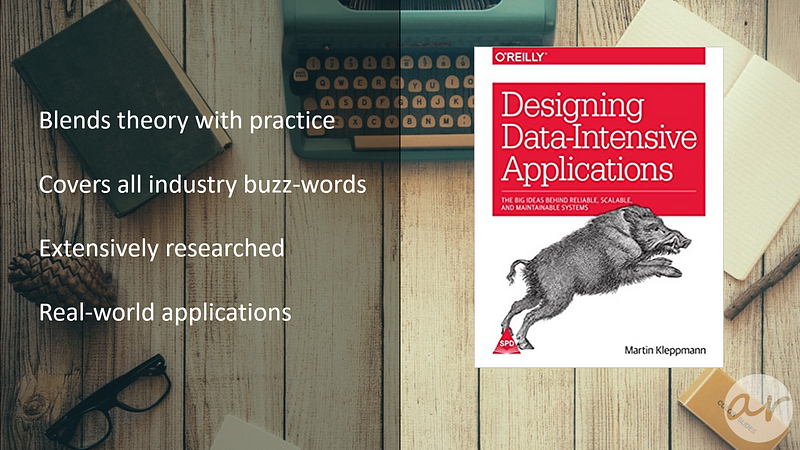
The fourth book I would recommend is “Designing Data-Intensive Applications” by Martin Kleppmann.
It is one of those rare books which smoothly blend Theory and Practice, not to mention about the lucid language it uses.
The most awesome thing about this book, is that it targets the principles, which form the basis of all the buzzwords, that are floating in the tech Industry these days.
This book is insightful, informative, impartial, extensively researched, and even philosophical.
This is highly recommended for the data professionals looking to build real-world data-intensive applications.
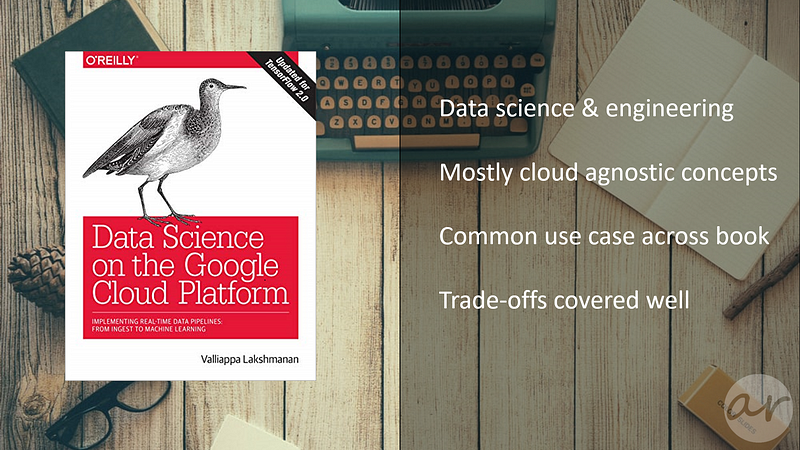
Lets come to the fifth book, which is “Data Science on the Google Cloud Platform” by Valliappa Lakshmanan.
This book is a kind of tour to data science and engineering on the cloud.
Don’t go by the mention of ‘Google Cloud Platform’ in the title, the learnings and insights can be applied to any cloud platform.
This book gives a clear and balanced view to data engineers, who are looking to derive insights from data.
By using a common use case and following it end to end throughout the book, author helps readers keep track of what is going on.
The purpose and process for each service is covered with clarity, and there are explanations of trade-offs and the value added for the choices made.
So this is my list of books every data professional should read. Did you like this compilation? Let me know in the comments section.
Lets end this episode here, subscribe to my YouTube channel to get the latest updates.
Ankit Rathi is an AI architect, published author & well-known speaker. His interest lies primarily in building end-to-end AI applications/products following best practices of Data Engineering and Architecture.
Why don’t you connect with Ankit on YouTube, Twitter, LinkedIn or Instagram?
If you have any questions or comments, click the "Go To Discussion" button below!